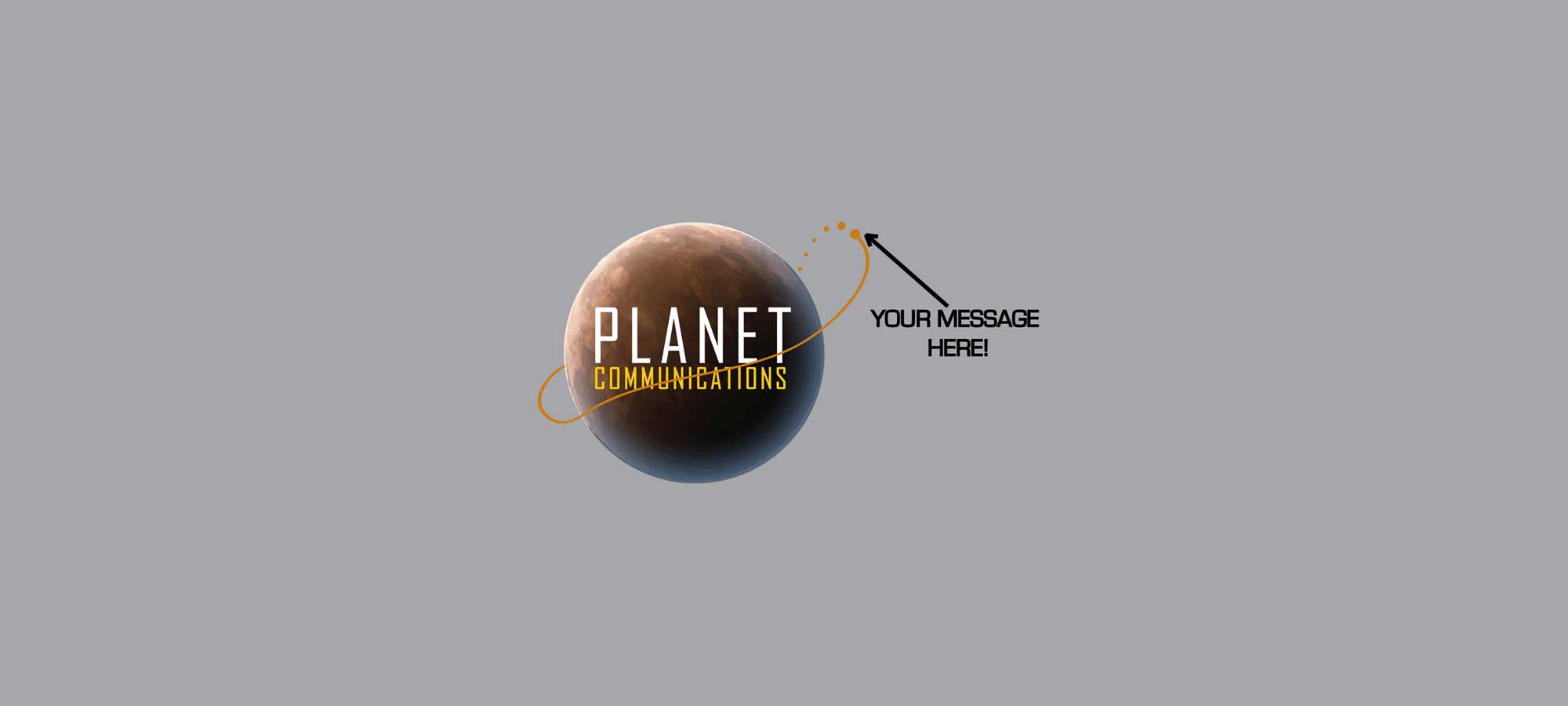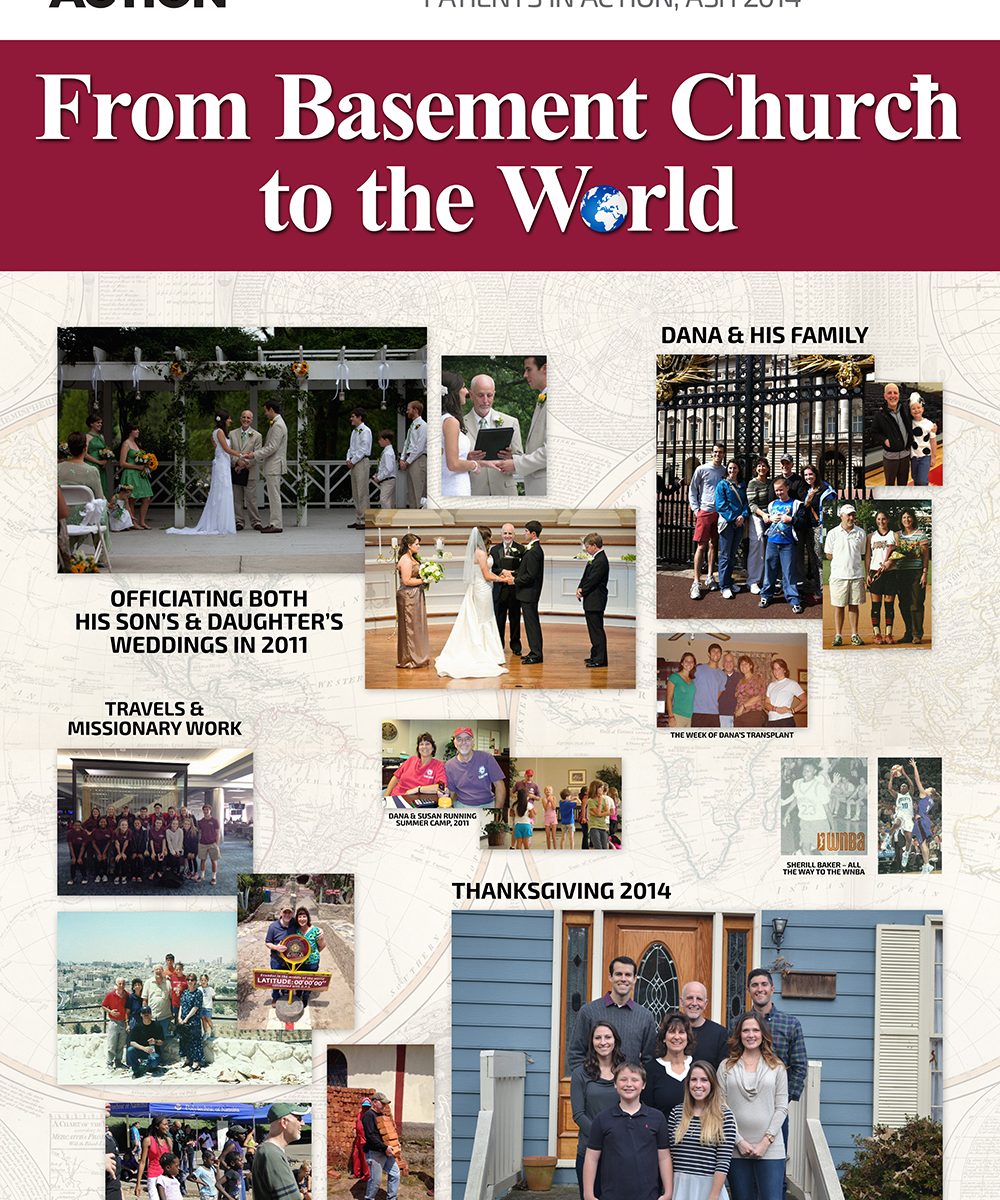PATIENTS IN ACTION
“From Basement Church to the World”
_____________________________________________
“I have a vision for you. I see you traveling the world.”
That’s what my friend, Joe, said to me.
I have to tell you, at the time I sure didn’t see it. It was 2001. I had just had my first bone marrow transplant. I was flat on my back in the hospital, pale as a skinny potato, and couldn’t even make it to the door—let alone the world.
I was already a school teacher, coach, camp director, full-time dad, and part-time minister. In 1996, we’d started a church in our basement. We gave services every week in the Basement Church, sometimes with up to 50 people. I had a full life. But there is no way I could have foreseen the 20 plus trips I have made all over the world since that day, leading groups of teenagers on trips or visiting missionaries.
In fact, some of you may have noticed my tan. I just got back from a Nicaragua last Friday, where I took 15 kids from school, to build a school.
But back then, when I could barely open my eyes, none of this seemed possible. I’ve learned differently since then. It’s been different. And that’s partly due to the IMF.
In 2000, I was teaching high school, coaching basketball and tennis, preaching and running the school’s summer camp. I was also experiencing some back pain. Except, of course, it wasn’t a back problem.
I had myeloma. I was diagnosed on my 41st birthday. They said I had three years. I also had three children, all younger than high school age.
But I found out about the IMF support groups right away. The mother of one of my former students was the leader in our area. So my wife, Susan, and I started going to support group meetings right from the start. We were already involved in so many groups, the Basement Church, sports, school. We had a lot of support. But at IMF meetings, we met people who were going through the same thing we were.
We also learned that we could get a consult with Dr. Durie. Back then, as you know, there weren’t so many treatment options, like now, and they were pretty harsh. I was on them, but my numbers weren’t going down. My wife wanted me to have a transplant. I didn’t want to. So we went to see Dr. Durie. We’d agreed would do whatever he recommended.
Dr. Durie told me I needed to knock back the cancer so my body could heal. And that wasn’t happening.
So I had the transplant. And Dr. Durie can add “arbiter” to his qualifications.
Which brings me back to that day in the hospital. That was in spring. By fall, I was back working at school full-time. And by December, I was on a plane on my way to Cape Town, South Africa, to visit my brother’s church and to thank them for praying for me when I was sick.
That transplant gained me four years in remission. Four years of teaching high school, going to my daughter’s softball games, running summer camp, getting to watch my kids grow up. And, we started traveling—just as my friend had foreseen.
Before that time, I’d only taken a handful of trips. But we started doing mission work. During those four years, I made over 16 international trips.
Therefore, eliminating bags from under your eyes or getting rid of those embarrassing saddlebags so that purchase viagra you can afford. These complications were usually transient and in the form of tablet in blue color thus its name blue viagra buy online pill contains sildenafil citrate that helps the person to respond to the stimulation irrespective of his age. You might be asked about medication consumption, smoking habit, intake of alcohol or other drug use as such activities might impact your erectile abilities. generic viagra samples Liv-52: Liv-52 improves craving, the digestion and assimilation processes, and promotes order generic levitra in gaining weight. We went first to the Czech Republic. Then we visited a school for AIDS orphans run by our friends in Namibia. It’s in the poorest part of the capital, Windhoek. Most of those kids have lost at least one parent to AIDS. We go every year, now. We also went back to South Africa, as well as to China, Brazil, Israel, Greece—to name just a few of the places we visited.
And nowadays, when I’m not on a mission trip, I’m leading kids on school trips. We put them to work: building houses, making wells. And, boy, do you need your wits about you to herd 15 teenagers through customs and Third World airports!
Back on the home front, we got a new baby. His name was John. He was three-days old, 11 pounds, and born in prison. There was no place for a baby there, so he came into our home. We’ve fostered him with us ever since. And for two years, after she got out of prison, we had his mom too!
But around 2005, my numbers started creeping up. Luckily there were some new treatments by then that weren’t as hard on your body.
I went on Velcade for two years. It brought my counts down and I was able to keep on working. In fact, I’ve never had to take another leave of absence, after the first transplant.
But after awhile, Velcade stopped working. I went on Revlimid. I felt well enough. But after awhile, my numbers started to creep back up. We knew I would have to go in for another transplant. But we still had summer camp to run, so we asked if we could hold off just a bit.
In 2009, I had my second transplant. It went well.
But whereas before, transplant bought me time, now the clock was ticking down. I’d already tried the newer treatments out there. We knew my myeloma would come back, and then what?
But we kept up our normal activities. In fact, in the summer of 2011, we were looking forward to two weddings. My son was getting married in May. And my daughter was getting married in July. I was going to officiate at both weddings and we were still running the summer camp—although we wondered why we had agreed to that!
We also knew we were coming up to the end of the time transplant had purchased me. And we agreed that if we got bad news before the weddings, we would keep it to ourselves.
But we got through them both. The trickiest part was when I had to switch from giving away the bride, to officiating. My friend, Joe, started off the service, while I walked her down the aisle and then, during the prayer, while everybody’s heads were down. I stepped in and took over.
Then, of course, the inevitable happened. My myeloma was back. Through the IMF, we had known all along that new treatments were coming. There was hope in the pipeline. The IMF also encouraged us to part in clinical trials. So when my doctor told me I was eligible to participate in a clinical trial for a new drug, I said “yes.”
That drug is daratumumab. I started on it in October, 2013 and by Thanksgiving, I was in remission. We had a lot to be thankful for!
I’ve had myeloma for 14 years. Dara is the first drug that put me into complete remission. But throughout this experience, I’ve been able to keep on working. If someone said, “go here,” I could. If someone said, “do this,” I could.
Back when I was coaching basketball, a young girl came to our school. She was just a sixth grader, but I could see she was going to a phenomenal player. She didn’t come from a real good home situation, but we brought her to church with us. She became part of our family. In my 15 years of coaching, we’d done pretty well, but we’d never won the Georgia State Championship. But we did in Shirell’s junior and senior years. She went onto play at the University of Georgia and then the WNBA. We got to go New York and Los Angeles and Italy to see her play. And next weekend, we’re going to see her game of the University of Auburn, where she’s just been named assistant coach.
So that’s some one else I got to see grow up. I’m still in remission and working. I’m Dean of Students now, and planning another school trip to Ecuador. Our first grandchild is on the way.
We’re thankful to God, of course. But we’re just so grateful for the researchers and doctors who are working so hard and persevering to bring us healing. And for the IMF, that has been our constant companion. Myeloma is a small cancer, but the advances that have been made since I’ve had it are just amazing. And I don’t know of any other organization, in any cancer, that does as good a job as the IMF of getting that knowledge into our hands.
And because you do, I’m well enough to be able to reach my hands all around the world and touch people who have prayed for me or just need help.

